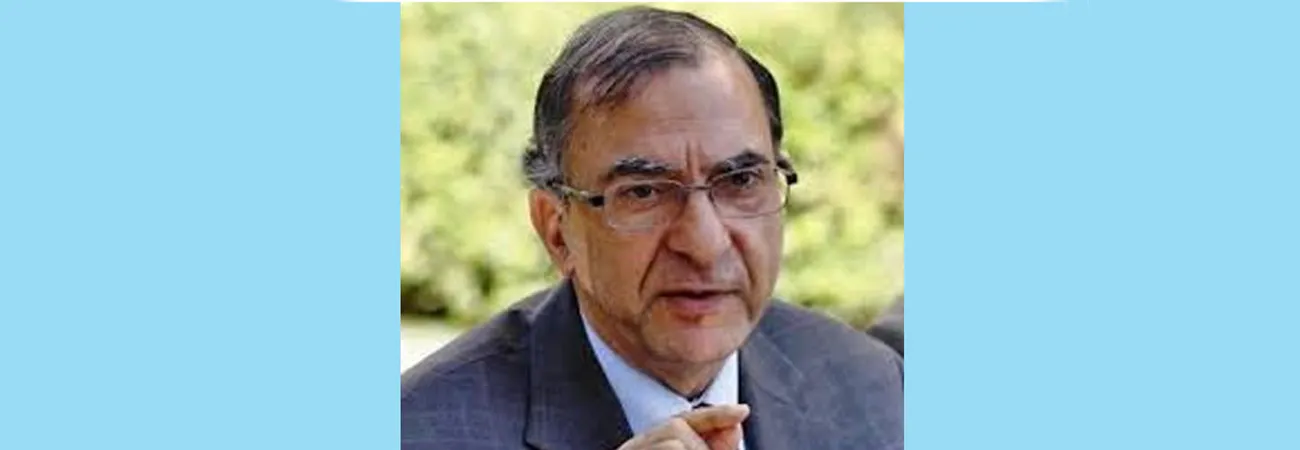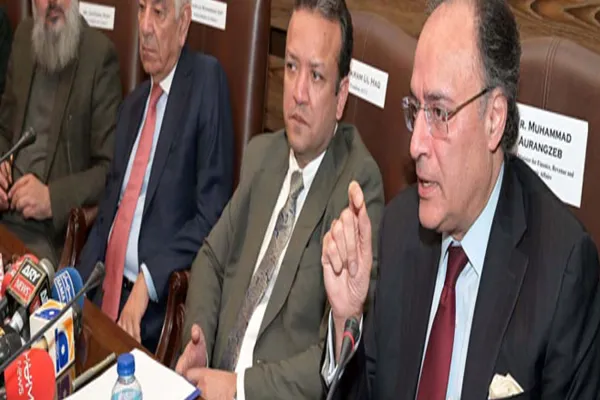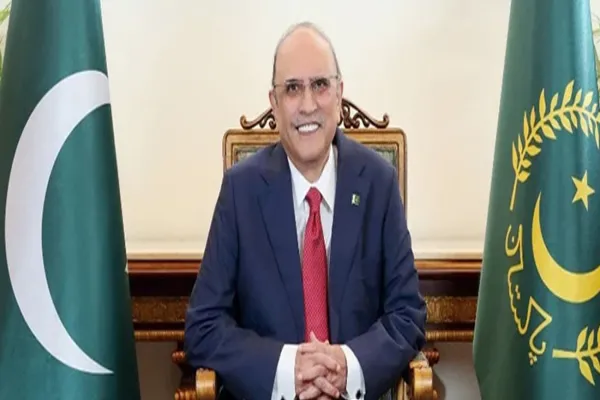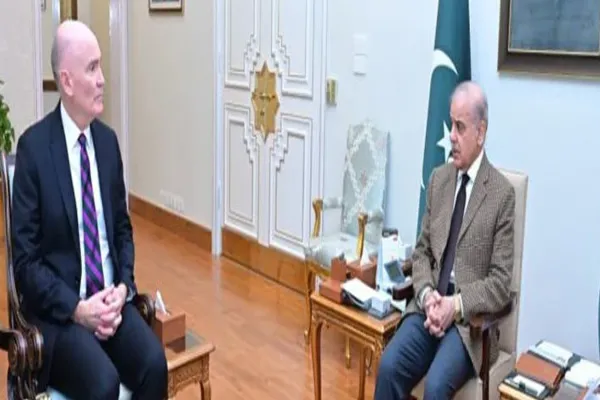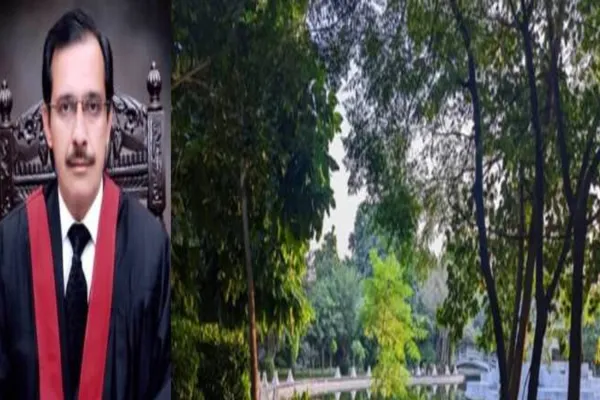i NEWS PAKISTAN
The 51st G7 Summit, hosted in Kananaskis, Alberta this June, brought together the leaders of the world’s most powerful democracies. Among the invited guests was Indian Prime Minister Narendra Modi — a leader whose government stands credibly accused of transnational repression and foreign interference, including within the very borders of the host country. Prime Minister Mark Carney, in his concluding statement, affirmed that “The G7 Leaders underscored their resolve to ensure the safety and security of communities.
They condemned foreign interference, underlining the unacceptable threat of transnational repression to rights and freedoms, national security and state sovereignty.” But that declaration rang hollow with the presence of Narendra Modi, whose record directly contradicts those principles. Dylan Robertson of The Canadian Press reported that Canadian intelligence officials have long identified Modi’s government as a key perpetrator of foreign interference.
Last October, RCMP Commissioner Mike Duheme confirmed evidence linking Indian officials to criminal activity in Canada — including extortion, coercion, and homicide. The murder of Canadian citizen Hardeep Singh Nijjar was not just a tragedy; it was a violation of Canadian sovereignty. Ottawa expelled six Indian diplomats as a result. The pattern continues beyond Canada. In November 2023, The Los Angeles Times reported that the United States thwarted an assassination attempt on Sikh leader Gurpatwant Singh Pannun.
The FBI launched an investigation, raising concerns of Indian state involvement. This is not an aberration. In 2005, the U.S. denied Modi a visa due to his role in the 2002 Gujarat riots, citing “particularly severe violations of religious freedom.” That ban remained in place until he became Prime Minister. The facts are clear: Narendra Modi has a well-documented history of human rights abuses — both past and present. And yet, in Kananaskis, G7 leaders looked away.
Canada once played a defining role in global human rights advocacy. John Humphrey, the Canadian jurist who authored the first draft of the Universal Declaration of Human Rights, envisioned a world built on dignity and justice. Canada’s General Andrew McNaughton was pivotal in passing UN Security Council Resolution 47 in 1948, promising the people of Kashmir a plebiscite to determine their political future.
Credit: Independent News Pakistan (INP)


